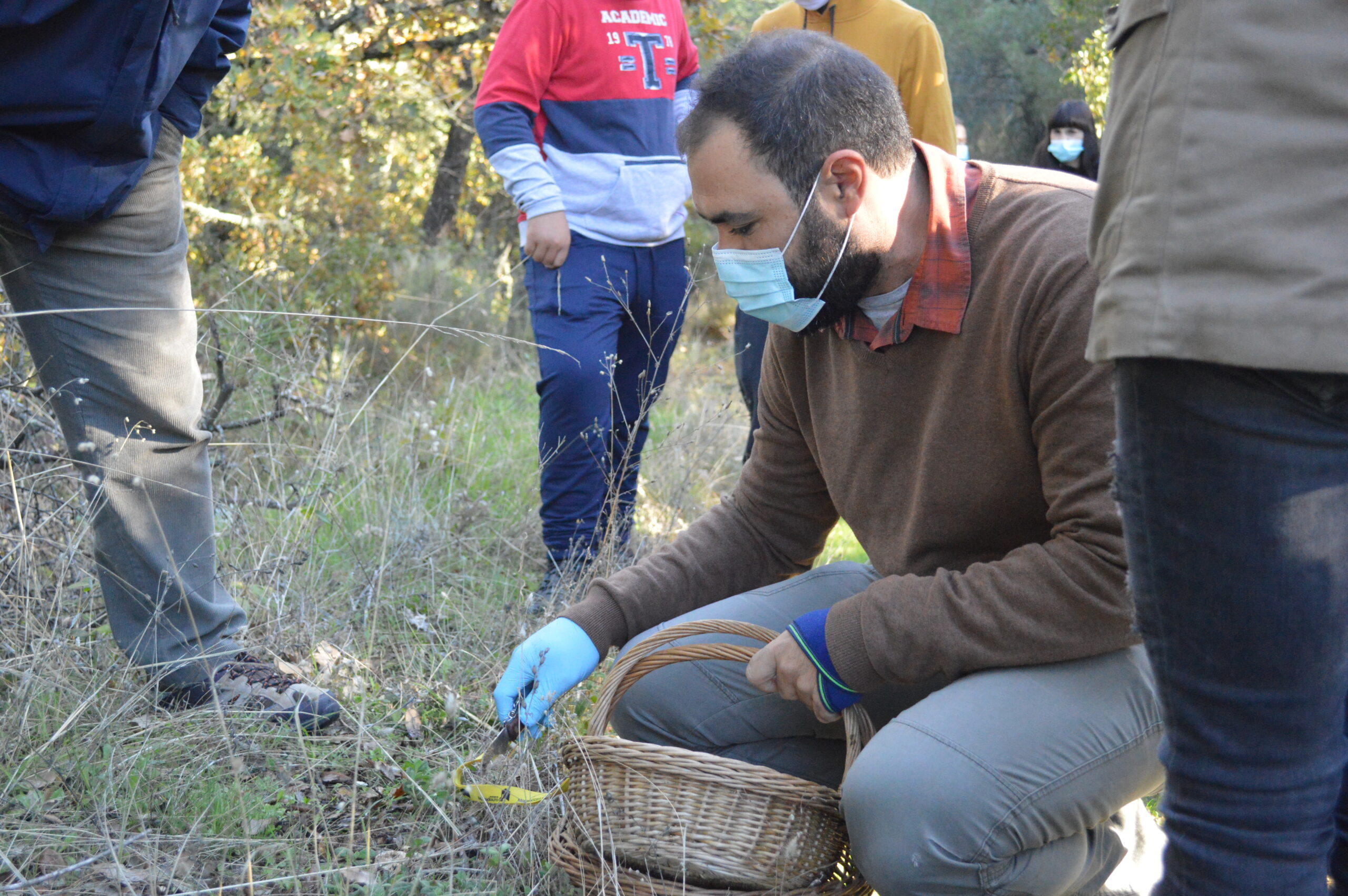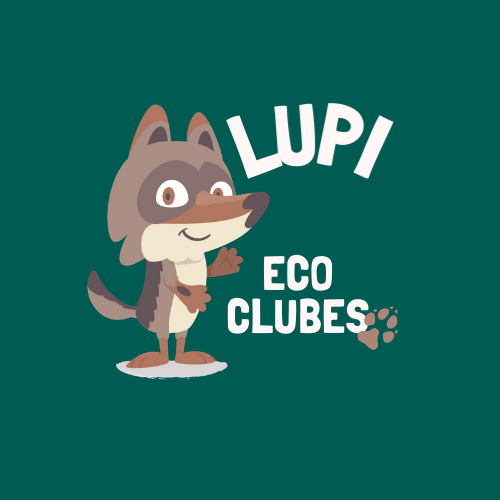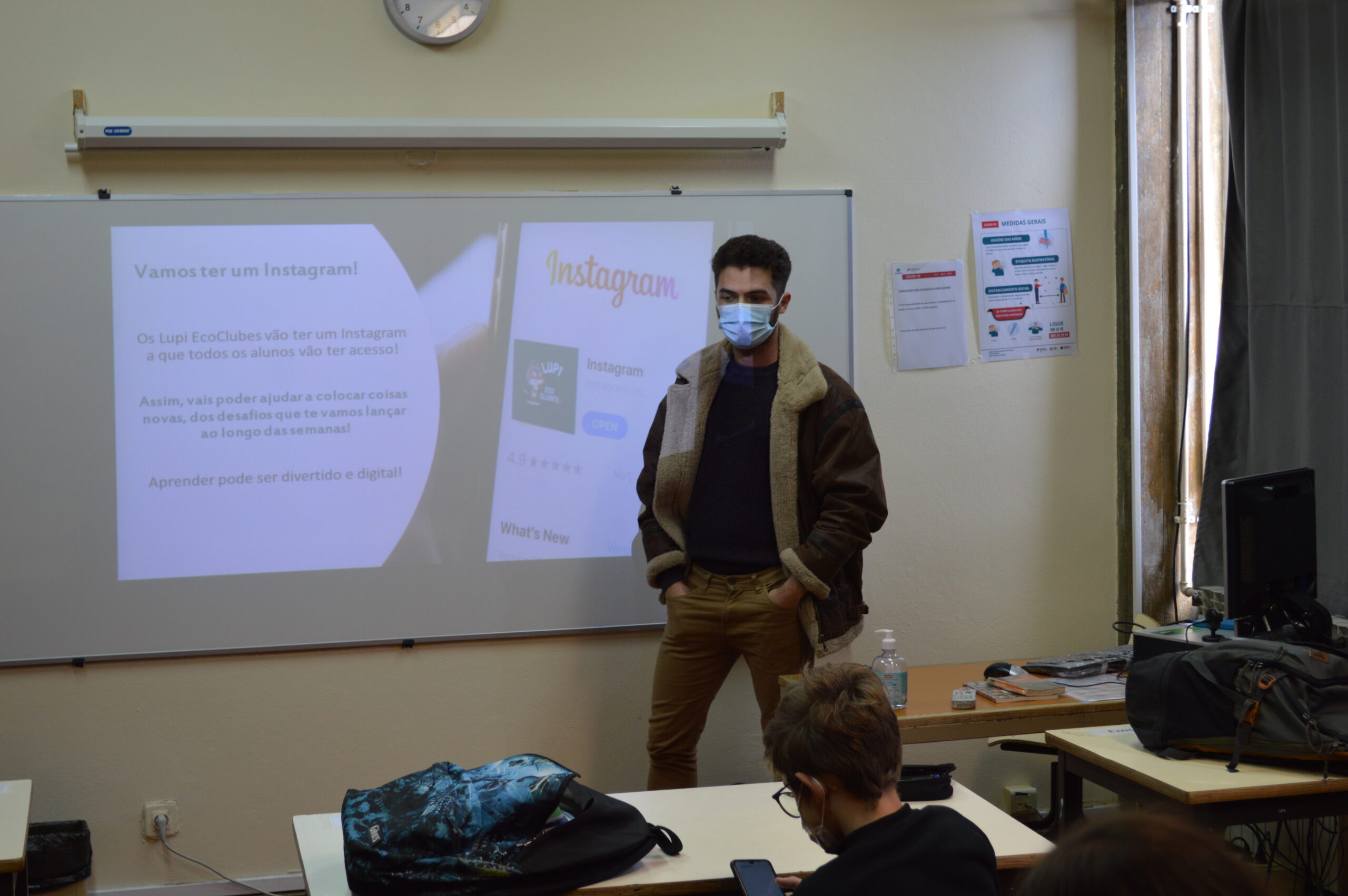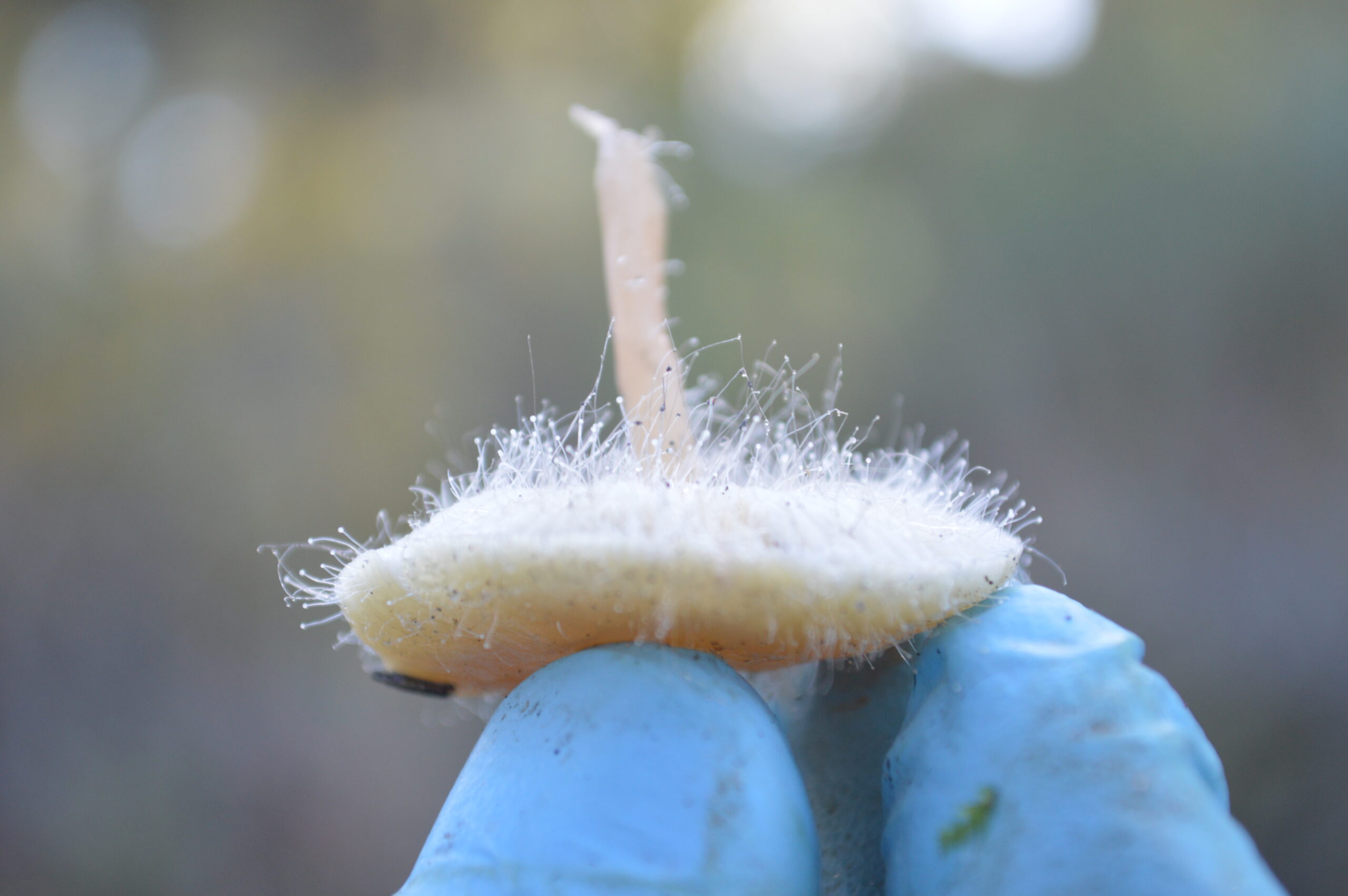This school year a new environmental education program has started in northern Portugal which seeks to bring students closer to nature. The focus of the EcoClubs is on teaching about biodiversity and promoting curiosity and pride in Portugal’s natural values. This environmental education program had to reinvent itself to reach young people in the region due to the current pandemic.

The importance of working with young people
Nature is one of the greatest assets and attractions of the Guarda district in northern Portugal, but it is also the unknown jewel of the region. Lupi EcoClubs, a new environmental education programme, intends to bring nature closer to young students, to awaken their curiosity for knowledge and the exploration of nature, with the conviction that only what is known and experienced is cared for and protected. These EcoClubs are a step towards making the natural heritage of the region better known, making it an element of identification and pride for local communities. To achieve this, the EcoClubs promote direct contact with nature, the transmission of knowledge in an interactive and more dynamic way and learning through challenges that appeal to the students’ curiosity, creativity and the ability of observation and exploration.
A bumpy start
The Lupi EcoClubs, designed to teach nature conservation to young students, started this school year with many uncertainties and the need for innovation. Due to the Covid-19 pandemic, the school year started later than usual and there were many schools in which not all classes started in person, or in which the first months saw rotating classes, sometimes in a classroom and sometimes at home through online platforms.
This scenario forced ATNatureza and Rewilding Portugal (the organizations involved in carrying out this environmental education programme) to rethink the ways in which the EcoClubs would be carried out. A new and innovative concept emerged: the realization of these EcoClubs in a mixed regime, which would allow all the students to have access to the proposed content and challenges, whether they attended the sessions at school or at home.
Assisted by the Rewilding Portugal team in the area of digital communication and content preparation, the action is being developed on the ground by Marco Ferraz, environmental educator at ATNatureza, with extensive experience in developing this type of activities with groups of young people. The EcoClubs are already being carried out in more than five schools in the district of Guarda, some in person and others online.
“Having pleasurable experiences in the exploration of nature is the most effective way to learn about it and establish an affective connection that is lasting and that promotes understanding, respect and celebration of nature throughout their lives!”, says Marco Ferraz about this new experience of transmitting knowledge about nature and its conversation to young people.

A bet on the digital world
Digital platforms are being used to develop a functional and challenging concept for the students. The bet was mainly on Instagram, one of the main communication channels for young people today. All participants in Lupi EcoClubs, from all schools, have access to a common account which they must access whenever they want to participate in the proposed challenges, from uploading photographs and videos of nature and of some specific species of fauna and flora, to quizzes and anything that encourages them to go out to nature, explore, observe, and create. There are several challenges that will accompany the students throughout the school year, as the new sessions of the EcoClubs are presented, proposing challenges related to each of the sessions.

The objective is to encourage young people themselves to get involved with nature conservation in Portugal, and to create materials that can be used by them, developing in them an interest in nature and its conservation and preservation, as well as sharing that with the community, who can see everything that the students are developing in this area in their own account (@lupiecoclubes) and among themselves, since the different participants have access and can see and comment on everything that each student puts on the platform.
“On the forest soil”, the perfect start
The first theme, already presented in all participating schools (this year, to students between 10 to 14 years), was focused on the forest soil and all its components, with a special focus on mushrooms and their function of decomposing matter in ecosystems, especially because November and December were the ideal time of the year to talk about these and show examples in field sessions. The enthusiasm was noticeable in the first classes and especially when it was possible to bring young people into direct contact with nature, to be able to see for themselves the various types of mushrooms that exist near their area of residence and the school where they study and the different characteristics of the different types of mushrooms.
The challenge launched to the students was to share on Lupi EcoClubs Instagram, pictures of mushrooms they found close to home, so that the environmental educator could then help in their identification whenever possible. The adhesion was very positive, since more than twenty photos of different mushrooms appeared on the EcoClubs social network, with many students showing willingness to share what they found and that they also feel like true nature explorers in their own environment.

Solutions adapted to each case
For schools that were unable to start the EcoClubs in person in this first period of the school year, an alternative solution was also arranged so that even these young people could actively participate in them. As such, a series of online classes and videos have been developed for each of the sessions, so that students taking classes at home can watch and learn the most important content of each session, being able to then participate in the proposed challenges. They also have access to the Instagram page so they can share their own content, made close to home.
In addition, infographics are being prepared, as sessions progress, in which the EcoClub mascot, Lupi, retains the most important information and teachings from each session and transmits it to the participants, so that the information is available in a more practical and simple way that can be easily transmitted among young people and among the surrounding community.
About our projects
The LIFE WolFlux project is funded by the European Commission’s LIFE program and co-financed by the Endangered Landscapes Program, while the Scaling Up Rewilding in the Greater Côa Valley is also financed by the Endangered Landscapes Program, which is managed by the Cambridge Conservation Initiative and financed by the Arcadia, a Peter Baldwin and Lisbet Rausing charity fund.
Rewilding Portugal counts on both projects with its partners: Rewilding Europe, ATNatureza, University of Aveiro and Zoo Logical.
Want to help Rewilding Portugal work? Subscribe our Patreon